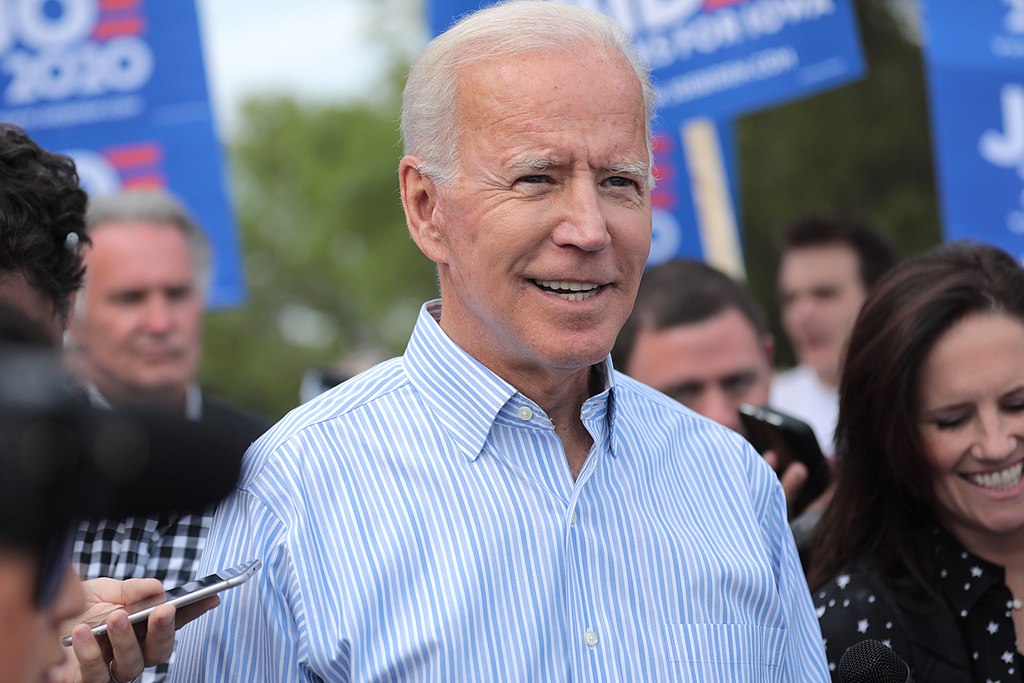Recent reports have revealed that President Joe Biden's White House staffers are feeling increasingly demoralized and "miserable" as the President continues to rely heavily on a close-knit group of advisors. This "inner circle" is perceived as essential to "prop him up," creating a challenging work environment for other staff members who feel sidelined and undervalued.
Inner Circle Dynamics
President Biden has long been known for his preference for a tight group of trusted advisors, a pattern that has continued into his presidency. According to sources cited by Politico, this inner circle includes long-time confidants such as Chief of Staff Ron Klain, National Security Advisor Jake Sullivan, and Counselor to the President Steve Ricchetti. These individuals are seen as the primary influencers in the administration, often overshadowing other staff members and leading to a hierarchical work culture.
Staffer Sentiments
The morale among White House staffers is reportedly low, with many feeling excluded from critical decisions and processes. Axios reports that the heavy reliance on the inner circle has led to frustration and dissatisfaction among broader staff, who feel their contributions are undervalued. This environment has allegedly caused several staffers to consider leaving their positions, exacerbating the administration's challenges in maintaining a cohesive and motivated team.
The Role of the Inner Circle
The president's reliance on the inner circle is partly attributed to his need for unwavering support and trusted advice amidst a turbulent political climate, as per OK Magazine. CNN highlights that Biden's close advisors are critical in navigating the complex landscape of domestic and international issues, providing him with consistent and reliable guidance. While beneficial for maintaining a clear strategic direction, this approach has inadvertently marginalized other staff members.
Challenges and Implications
This internal dynamic poses several challenges for the Biden administration. The potential turnover of disillusioned staffers could disrupt continuity and effectiveness in executing policy initiatives. Furthermore, the perception of an exclusive inner circle could hinder team collaboration and innovation, as broader staff may feel discouraged from voicing new ideas or perspectives.
The New York Times notes that such an environment can lead to inefficiencies and missed opportunities, particularly in a high-stakes setting like the White House, where diverse input is crucial for robust decision-making. The morale issue could also impact the administration's ability to attract and retain top talent, essential for driving the President's agenda forward.
Looking Forward
Addressing these internal challenges will be critical for the Biden administration as it seeks to advance its policy objectives and maintain effective governance. Strategies to improve staff morale and inclusivity could involve fostering a more open and collaborative work culture, ensuring that contributions from all levels are recognized and valued.
As the administration navigates these internal dynamics, the President's ability to balance reliance on his inner circle with broader staff engagement will be key to sustaining a motivated and cohesive team. This balance will be essential for maintaining staff morale and achieving the administration's broader goals in a complex and evolving political landscape.
Photo: Gage Skidmore from Peoria, AZ, United States of America, CC BY-SA 2.0, via Wikimedia Commons



 Denver Mayor Orders Police to Protect Protesters, Restricts ICE Access to City Property
Denver Mayor Orders Police to Protect Protesters, Restricts ICE Access to City Property  Germany and China Reaffirm Open Trade and Strategic Partnership in Landmark Beijing Visit
Germany and China Reaffirm Open Trade and Strategic Partnership in Landmark Beijing Visit  Trump Floats “Friendly Takeover” of Cuba as Rubio Reportedly Engages in Talks
Trump Floats “Friendly Takeover” of Cuba as Rubio Reportedly Engages in Talks  Australian PM Calls Alleged Western Australia Terror Plot “Deeply Shocking” After Arrest
Australian PM Calls Alleged Western Australia Terror Plot “Deeply Shocking” After Arrest  Trump Media Weighs Truth Social Spin-Off Amid $6B Fusion Energy Pivot
Trump Media Weighs Truth Social Spin-Off Amid $6B Fusion Energy Pivot  Trump Floats Ted Cruz for Future U.S. Supreme Court Nomination
Trump Floats Ted Cruz for Future U.S. Supreme Court Nomination  Israel Launches Fresh Strikes on Iran After Death of Supreme Leader Ayatollah Khamenei
Israel Launches Fresh Strikes on Iran After Death of Supreme Leader Ayatollah Khamenei  USITC to Review Impact of Revoking China’s PNTR Status, Potentially Raising Tariffs on Chinese Imports
USITC to Review Impact of Revoking China’s PNTR Status, Potentially Raising Tariffs on Chinese Imports  Dominican Republic Unveils Massive Rare Earth Deposits to Boost High-Tech and Energy Sectors
Dominican Republic Unveils Massive Rare Earth Deposits to Boost High-Tech and Energy Sectors  Trump to Address Nation as U.S. Launches Strikes in Iran, Axios Reports
Trump to Address Nation as U.S. Launches Strikes in Iran, Axios Reports  Argentina Senate Approves Bill to Lower Age of Criminal Responsibility to 14
Argentina Senate Approves Bill to Lower Age of Criminal Responsibility to 14  U.S.-Iran Nuclear Talks Show Progress but No Breakthrough Amid Rising Military Tensions
U.S.-Iran Nuclear Talks Show Progress but No Breakthrough Amid Rising Military Tensions  Pentagon Leaders Monitor U.S. Iran Operation from Mar-a-Lago
Pentagon Leaders Monitor U.S. Iran Operation from Mar-a-Lago  Iran Supreme Leader Ayatollah Ali Khamenei Killed in Israeli, U.S. Strikes: Reuters
Iran Supreme Leader Ayatollah Ali Khamenei Killed in Israeli, U.S. Strikes: Reuters  NYC Mayor Zohran Mamdani Meets President Trump to Tackle Housing Crisis and ICE Detentions
NYC Mayor Zohran Mamdani Meets President Trump to Tackle Housing Crisis and ICE Detentions  Pakistan-Afghanistan Tensions Escalate as Taliban Offer Talks After Airstrikes
Pakistan-Afghanistan Tensions Escalate as Taliban Offer Talks After Airstrikes  Philippines, U.S., and Japan Conduct Joint Naval Drills in South China Sea to Boost Maritime Security
Philippines, U.S., and Japan Conduct Joint Naval Drills in South China Sea to Boost Maritime Security 































